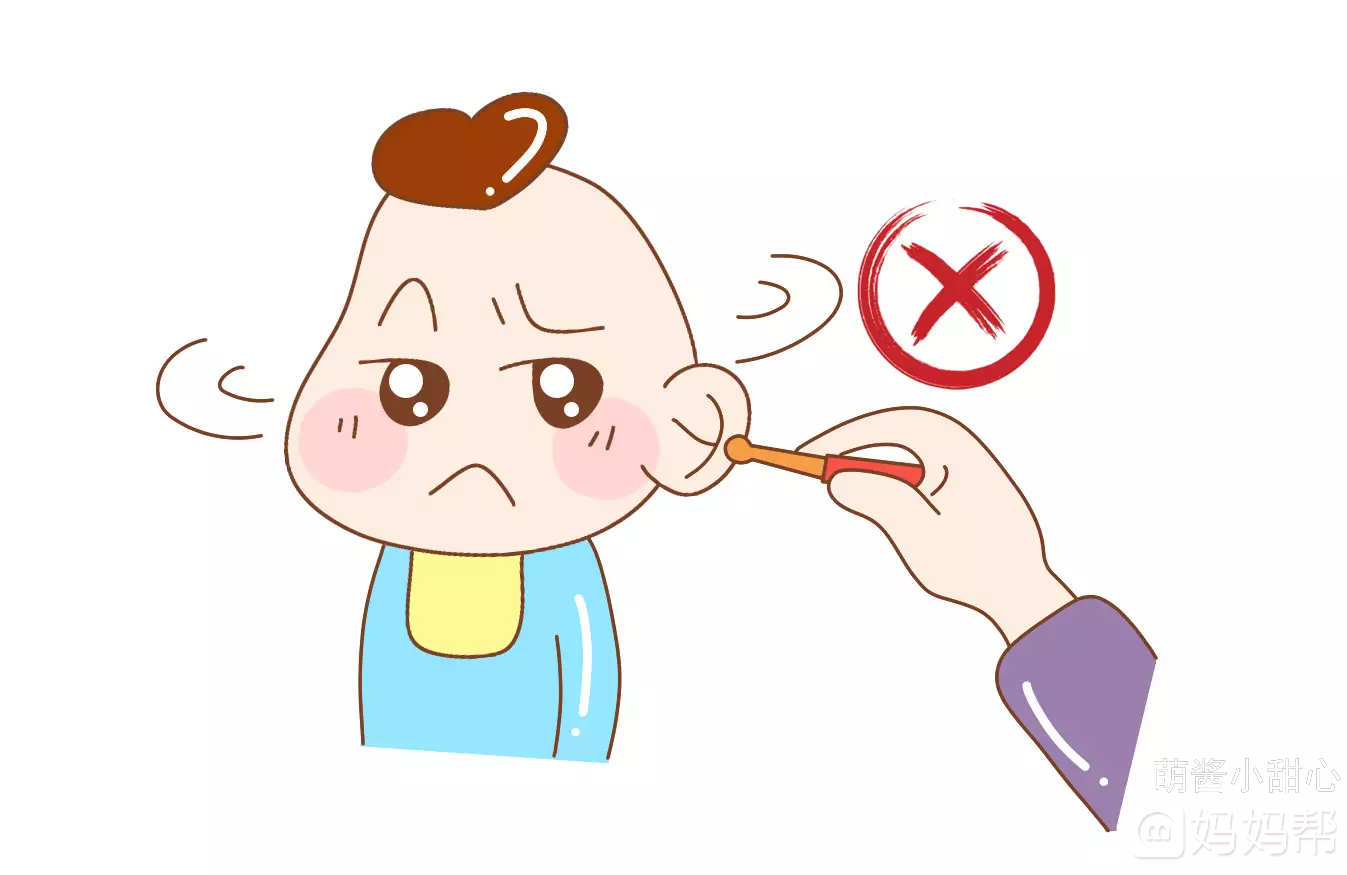- Home
- Hearing Loss
- Hearing Aid Use And Care
3 Ear Cleaning Methods to Avoid
2020-08-25 Do you know that normal, healthy ears are self-cleaning?If you’re shaking your head in disbelief because yet again your earbuds are gummed up with earwax, then you probably don’t agree. But your ears actually use earwax to keep dust, debris and bacteria from getting deep into your canals and causing hearing or auditory problems.
For those who feel the irresistible urge to clean their ears, it’s important to know there is a right and wrong way to go about things.

Of course, there are exceptions to every rule, including the one about “most” ears are self-cleaning. Some people naturally produce an excessive amount of earwax or very dry wax that can cause things to clog up. If you are uncertain about what to do or how often cleaning is appropriate in your case, then your hearing care specialist is best placed to advise you.
With this in mind let’s bust some popular options for ear cleaning and help you to understand why they are a bad idea.
1. Ear candling
The concept sounds enticingly natural and on a certain (non-scientific) level quite plausible. Ear candling uses a special hollow taper that is placed in the ear canal. The candle is lit and as the flame burns, it draws a vacuum, and combined with warmth from the candle, it supposedly “wicks” earwax up and out of the ear.
The flaw with this method is that it’s never been actually proven to work. Not only is there a risk you can burn yourself, but the “waxy” substance drawn from your ear is actually from the candle itself.

2. Cotton swabs
While it’s true that cotton swabs were initially released in the 1920s with the specific purpose of cleaning ears, hearing healthcare professionals have learned quite a bit since then. You can still use cotton swabs on the outer folds of your ear, but resist the urge to put them into the ear canal. When you use a cotton swab to clean your ear canals, you’re likely to push more wax deeper into your ears than you’ll actually get out. If you perform this too often, an earwax impaction is possible, causing earaches or muffled hearing.

3. Cleaning too often
While there’s no harm in wiping your ears with a dry or damp cloth after getting out of the shower, you want to avoid over cleaning your ears. Over cleaning your ears can disrupt your body’s natural cleaning mechanism and may dry out your ears. If your ears become dry you may notice pain, irritation or infection.

As long as your ears produce a typical amount of wax and you experience no hearing problems or pain, you don’t need to do much to keep your auditory system healthy and clean. If you’re experiencing any dulled hearing or aches, contact a hearing care provider in your area and talk with them about a professional ear cleaning.
Latest
- 4 Essential Communication Rules for Family Members of Hearing Aid Users
- Hearing Aid "Break-In Period": Say Goodbye to Discomfort, Hello to Clear Sound
- The ultimate guide on how to choose hearing aids for seniors
- In addition to performance, how do parents choose children's hearing aids?
- Hearing Care Professional: How Do You Maintain Your Hearing Aids Regularly?
Hearing Aid Use And Care













All 0 comments